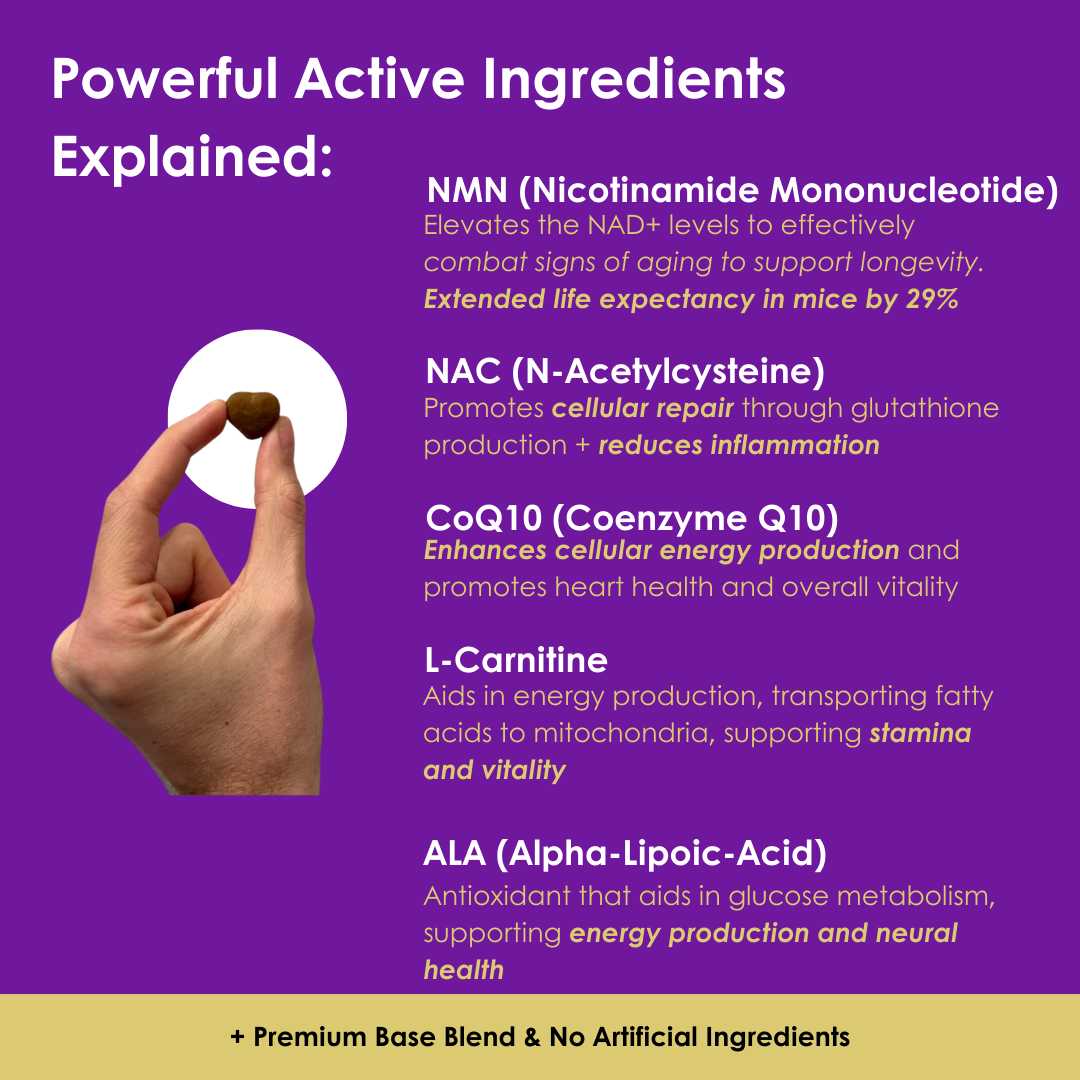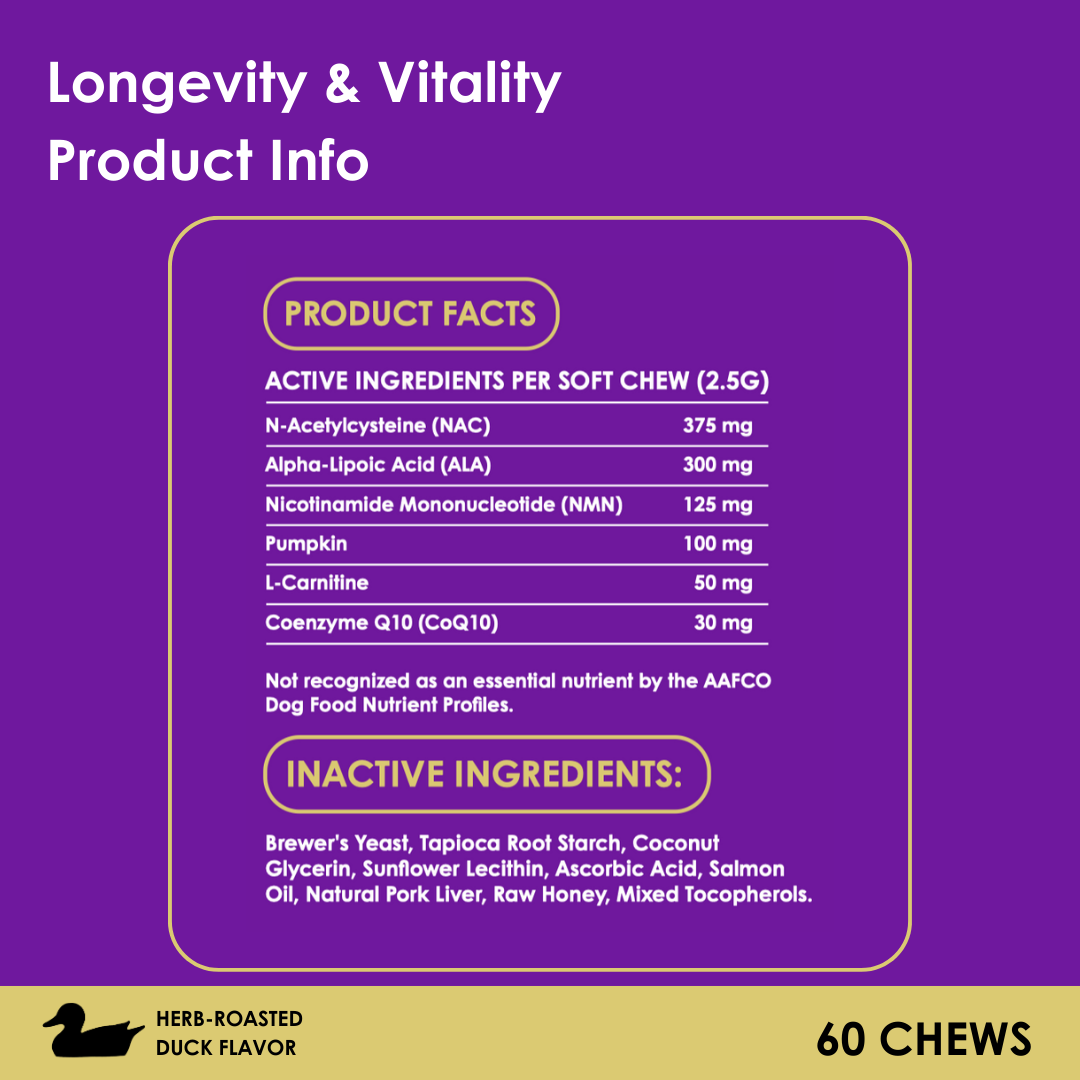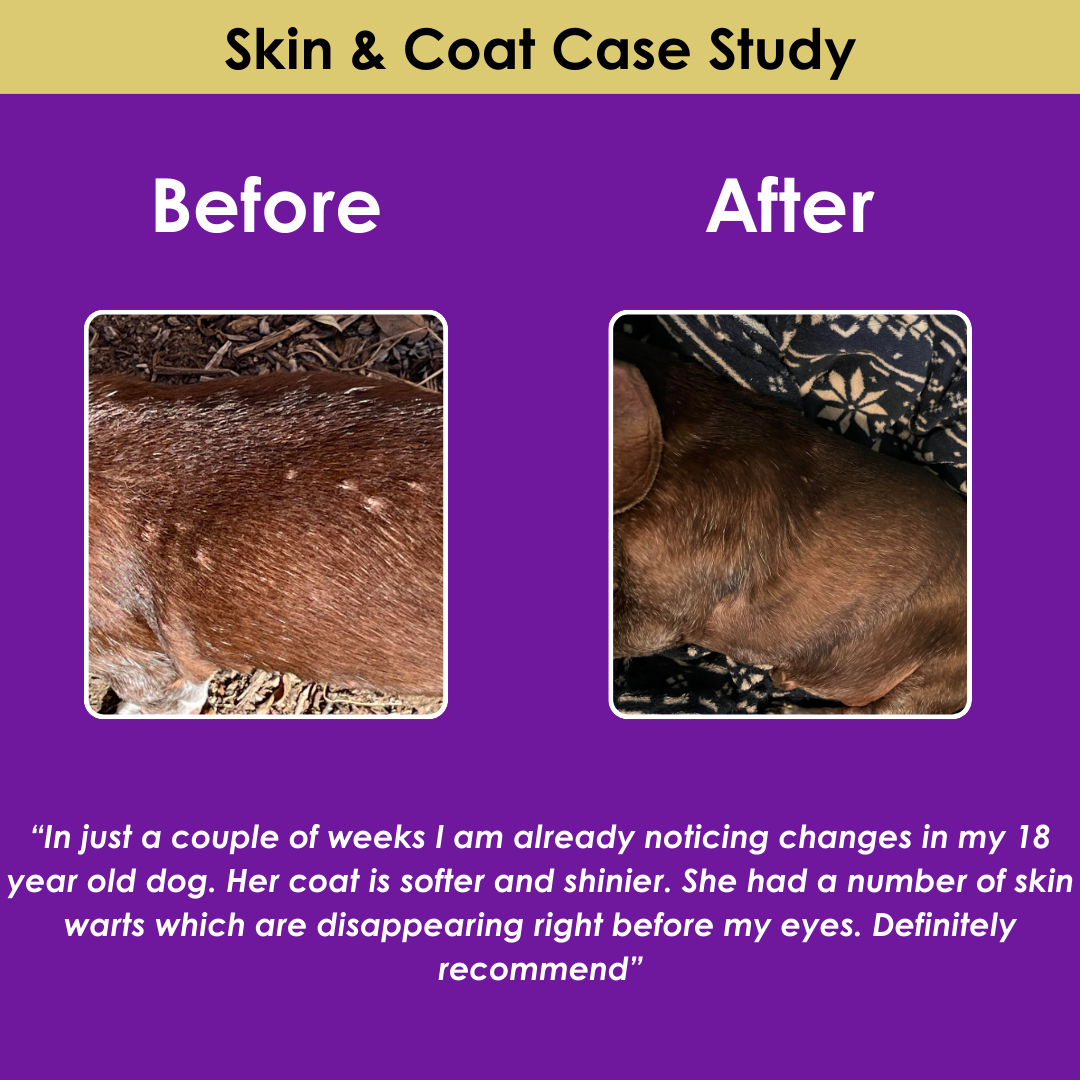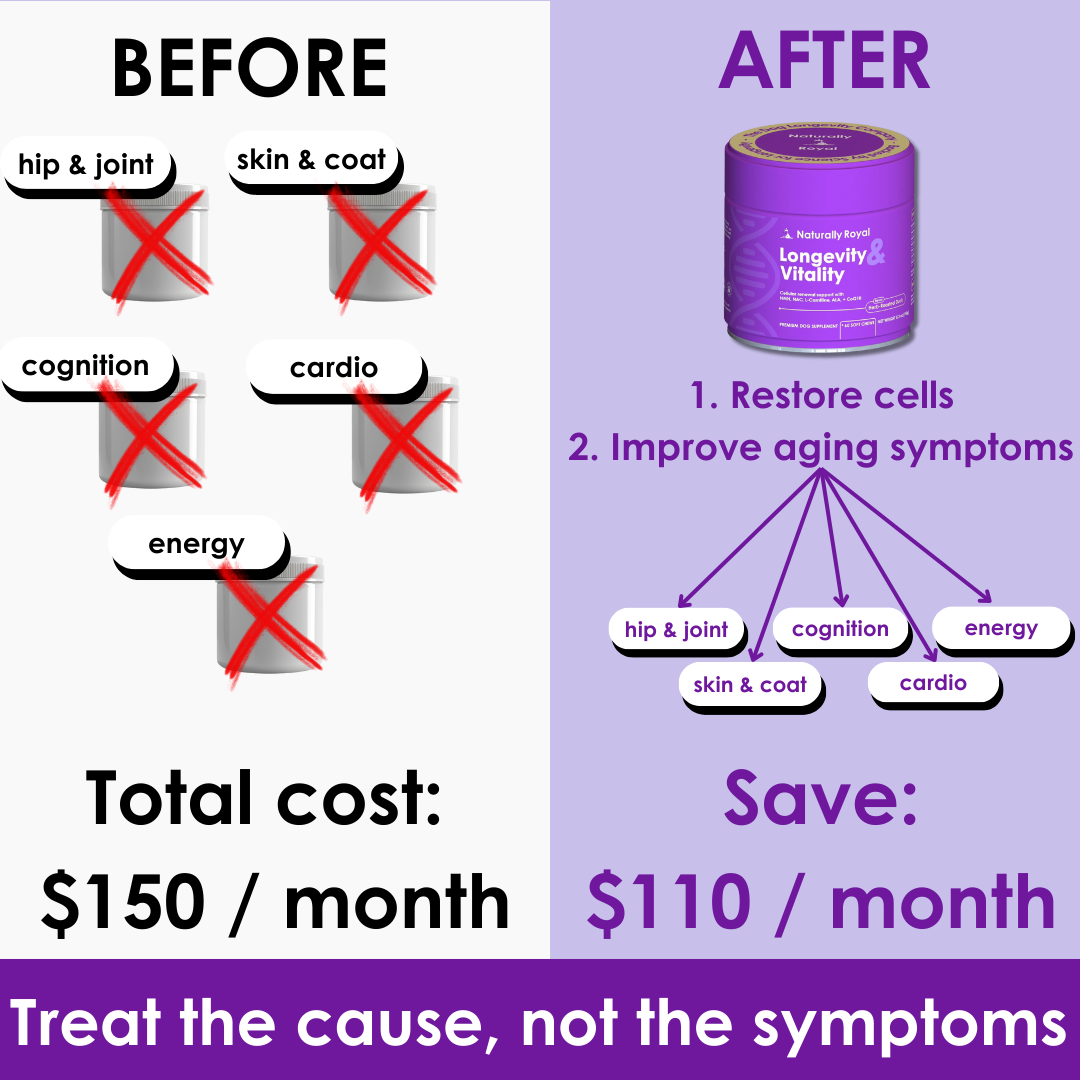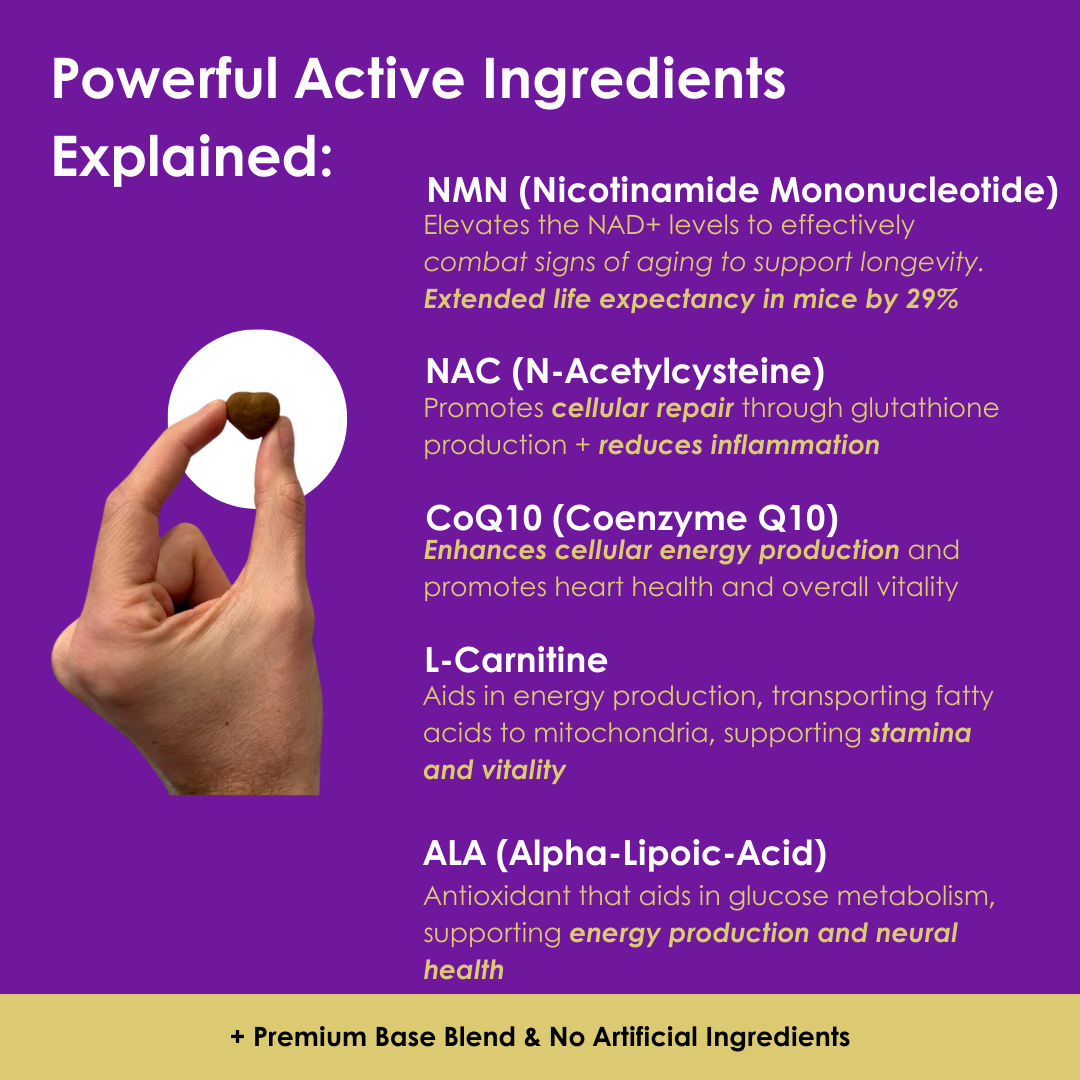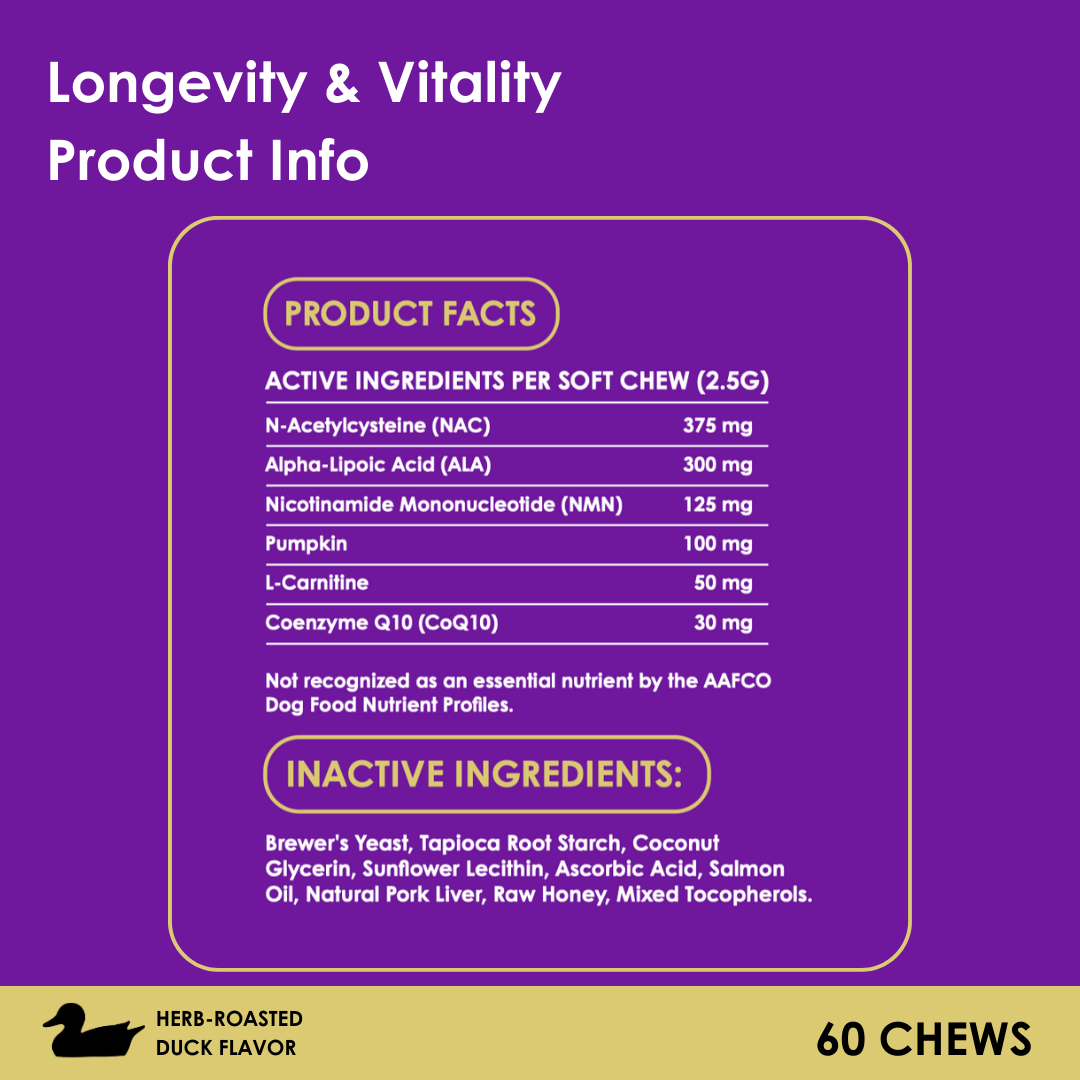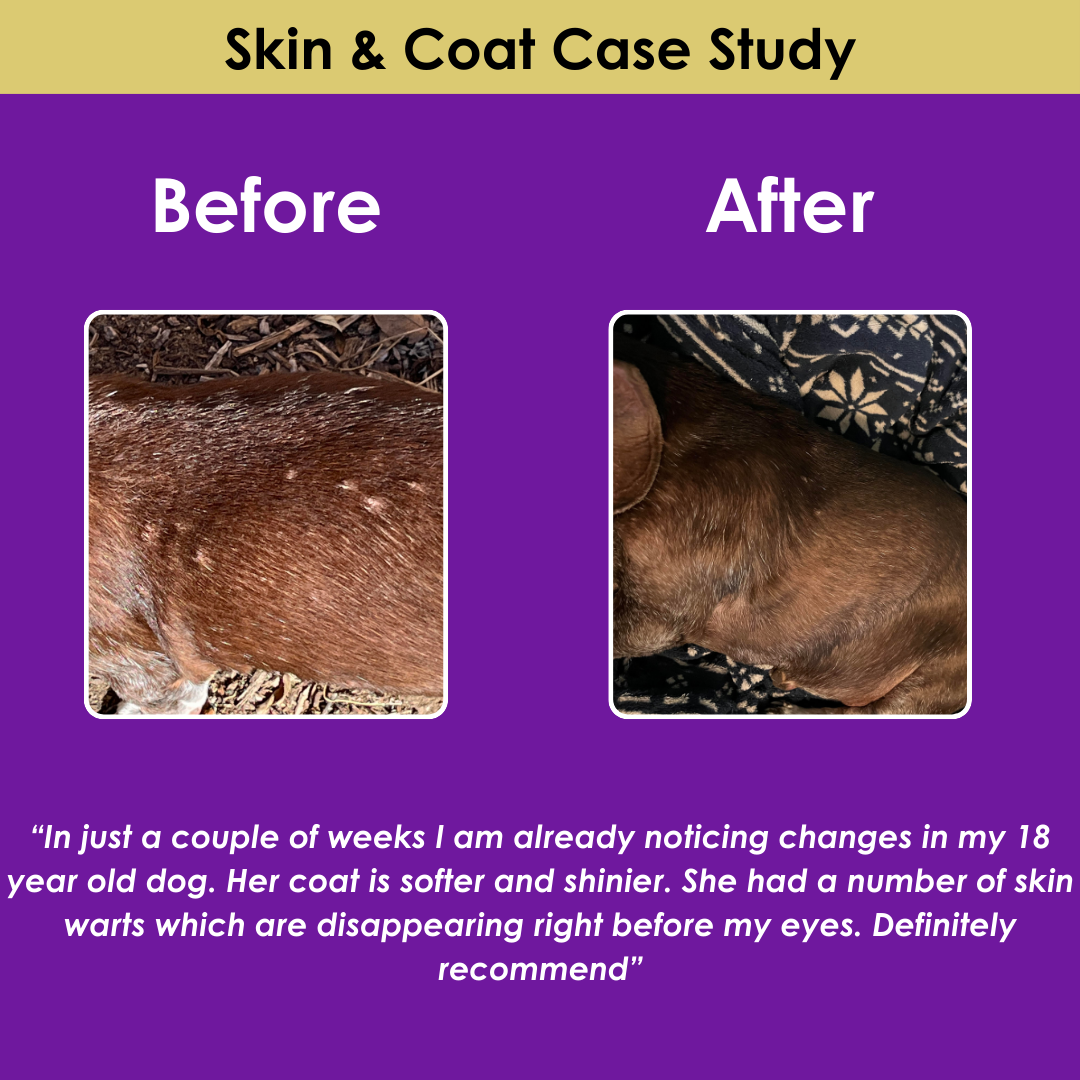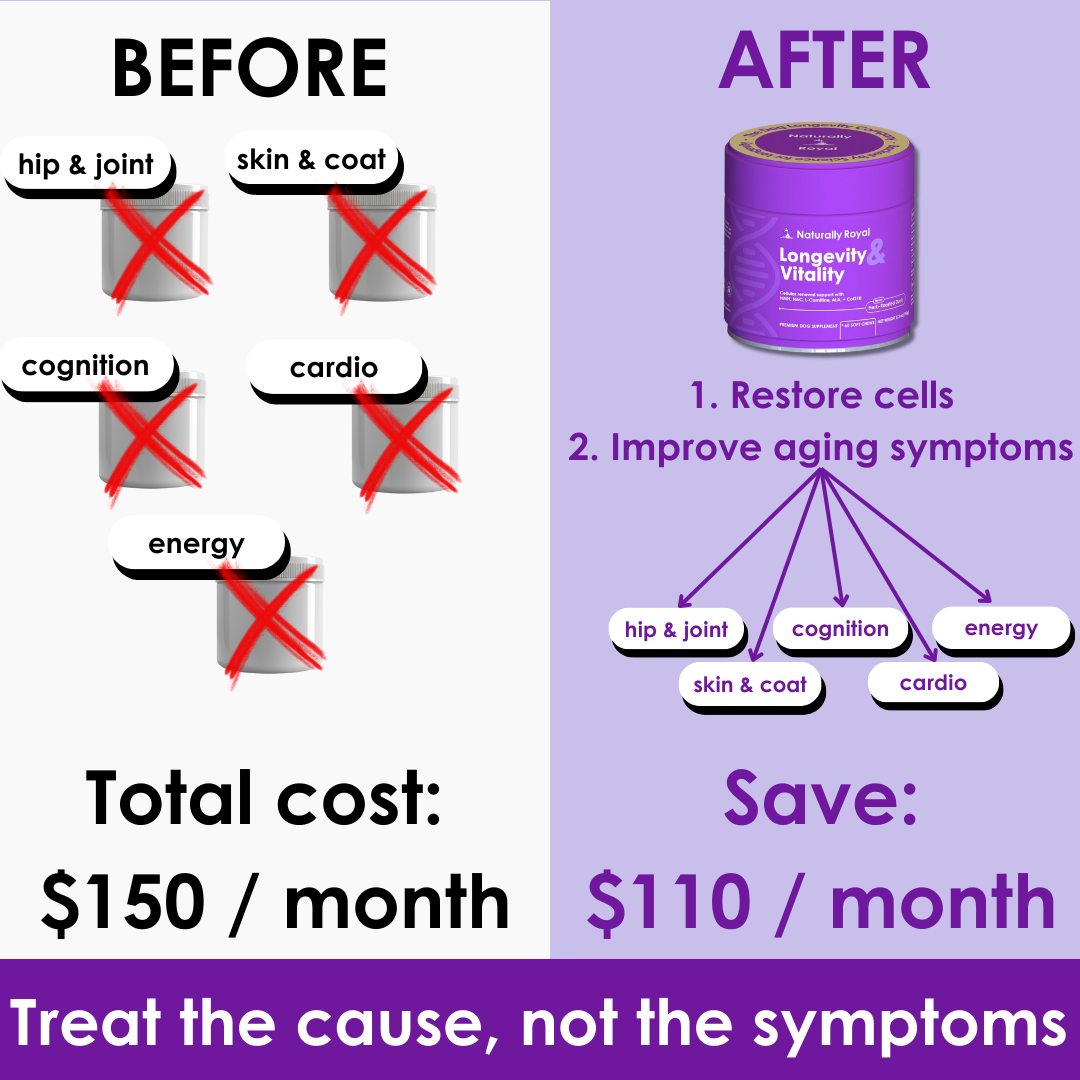Average Age of Cancer Diagnoses in Dogs
Cancer is a leading cause of death in adult dogs, much like in humans. Early detection of cancer can significantly improve treatment outcomes and enhance a dog's quality of life and longevity. Recent research has provided insights into the average age of cancer diagnosis in dogs, revealing that factors such as size, sex, and breed play crucial roles. Let’s look into these findings and discuss how they can inform potential screening guidelines to detect cancer early:
Key Findings on Age of Cancer Diagnosis:
-
Impact of Size on Cancer Diagnosis Age:
- Finding: The median age at cancer diagnosis varies significantly with a dog's size. Dogs weighing 75 kilograms or more have a median diagnosis age of 5 years, while smaller dogs weighing 2.5 to 5 kilograms are diagnosed at a median age of 11 years.
- Impact on Longevity: Larger dogs generally have shorter lifespans and are prone to earlier onset of cancer. Early screening for larger breeds can help in timely detection and treatment, potentially extending their lives.
-
Breed-Specific Diagnosis Ages:
- Finding: Different breeds show varying median ages for cancer diagnosis. For example, Mastiffs, Saint Bernards, Great Danes, and Bulldogs have the youngest median diagnosis age at about 6 years. On the other hand, Bichon Frises have the oldest median diagnosis age at 11.5 years.
- Impact on Longevity: Understanding breed-specific cancer risks allows for tailored screening schedules. Breeds predisposed to early cancer onset can benefit from beginning cancer screenings as early as age 4.
-
Sex and Neutering Status:
- Finding: Female dogs are typically diagnosed with cancer at older ages compared to males. Additionally, neutered dogs are diagnosed later than intact dogs.
- Impact on Longevity: Knowing these factors can help veterinarians and pet owners decide on the best times to start regular cancer screenings, thereby improving early detection and treatment outcomes.
Implications for Cancer Screening:
- General Guidelines: Based on the findings, it is recommended that all dogs begin cancer screening at age 7.
- Tailored Screening: Certain breeds and larger dogs may benefit from starting cancer screening as early as age 4 to catch the disease in its early stages.
Why Early Detection Matters:
- Early Intervention: Detecting cancer early allows for more effective treatment options, which can significantly improve a dog's quality of life and extend their lifespan.
- Non-Invasive Screening: New advancements such as the 'liquid biopsy' enable early detection through simple blood tests, reducing the need for invasive diagnostic procedures.
Conclusion:
The recent analysis on the average age of cancer diagnosis in dogs underscores the importance of early detection and tailored screening based on a dog’s size, breed, and other characteristics. By implementing these guidelines, we can work with veterinarians to ensure timely interventions, thereby enhancing the longevity and well-being of our pups.




